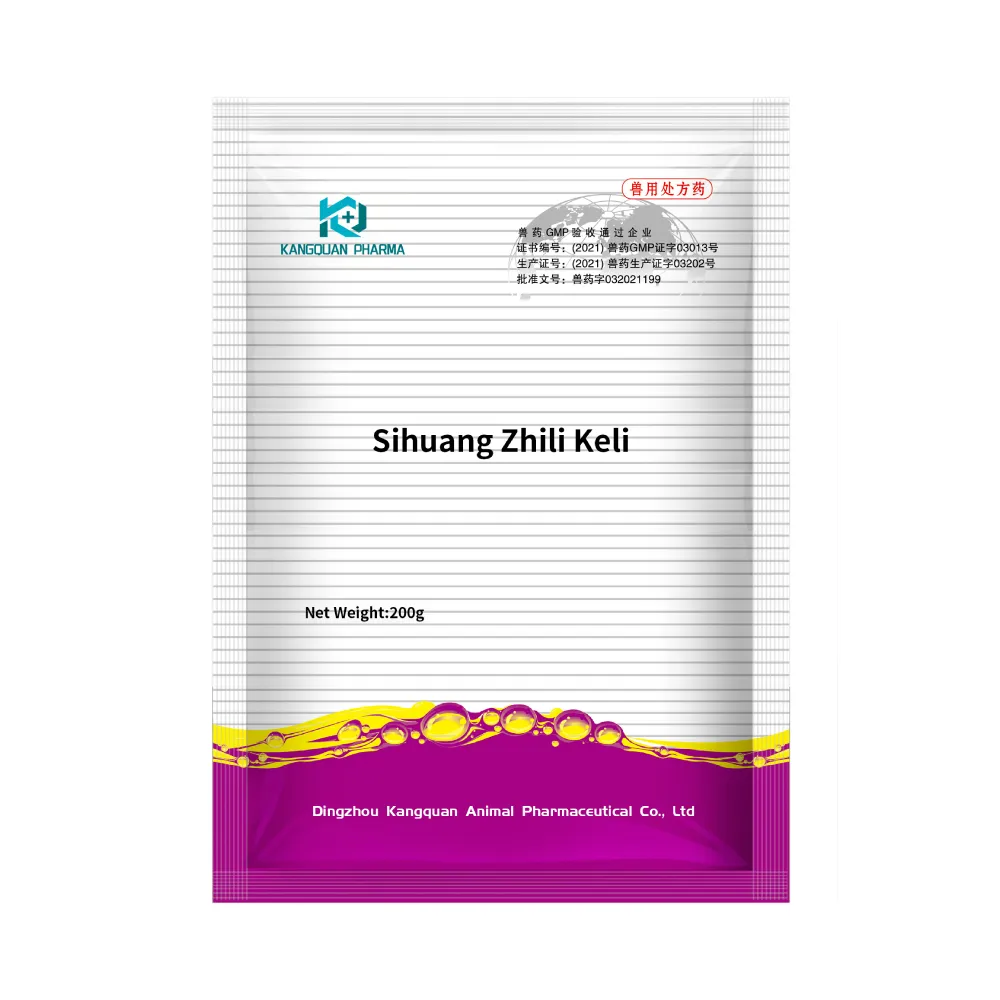- Afrikaans
- Albanian
- Amharic
- Arabic
- Armenian
- Azerbaijani
- Basque
- Belarusian
- Bengali
- Bosnian
- Bulgarian
- Catalan
- Cebuano
- Corsican
- Croatian
- Czech
- Danish
- Dutch
- English
- Esperanto
- Estonian
- Finnish
- French
- Frisian
- Galician
- Georgian
- German
- Greek
- Gujarati
- Haitian Creole
- hausa
- hawaiian
- Hebrew
- Hindi
- Miao
- Hungarian
- Icelandic
- igbo
- Indonesian
- irish
- Italian
- Japanese
- Javanese
- Kannada
- kazakh
- Khmer
- Rwandese
- Korean
- Kurdish
- Kyrgyz
- Lao
- Latin
- Latvian
- Lithuanian
- Luxembourgish
- Macedonian
- Malgashi
- Malay
- Malayalam
- Maltese
- Maori
- Marathi
- Mongolian
- Myanmar
- Nepali
- Norwegian
- Norwegian
- Occitan
- Pashto
- Persian
- Polish
- Portuguese
- Punjabi
- Romanian
- Russian
- Samoan
- Scottish Gaelic
- Serbian
- Sesotho
- Shona
- Sindhi
- Sinhala
- Slovak
- Slovenian
- Somali
- Spanish
- Sundanese
- Swahili
- Swedish
- Tagalog
- Tajik
- Tamil
- Tatar
- Telugu
- Thai
- Turkish
- Turkmen
- Ukrainian
- Urdu
- Uighur
- Uzbek
- Vietnamese
- Welsh
- Bantu
- Yiddish
- Yoruba
- Zulu
8 月 . 13, 2024 11:46 Back to list
Exploring the Applications of Ivermectin and Clorsulon Injection in Veterinary Medicine and Treatment
The Uses of Ivermectin and Clorsulon Injection in Veterinary Medicine
Ivermectin and clorsulon are two important medications widely used in veterinary medicine, particularly for their effectiveness in managing parasitic infections in livestock and companion animals. Both compounds possess unique properties that make them valuable tools for veterinarians and animal health practitioners.
Ivermectin An Overview
Ivermectin is a broad-spectrum antiparasitic agent that belongs to the avermectin class of drugs. Initially discovered in the late 1970s as a product of soil bacteria, ivermectin has become a cornerstone in the treatment and prevention of various parasitic infections. It is particularly effective against nematodes (roundworms), arthropods (insects and crustaceans), and some ectoparasites such as mites and lice. This medicine has been widely adopted due to its high efficacy, safety margin, and ease of administration.
In veterinary practice, ivermectin is commonly used to treat infections in ruminants, swine, horses, and dogs. For example, in cattle, it is effective against internal parasites like Ostertagia and Cooperia, as well as external parasites such as lice and mites. In canines, ivermectin is used for heartworm prevention and treatment of certain types of mange. Its versatility makes it a preferred choice for many veterinarians when addressing parasitic challenges in various species.
Clorsulon A Targeted Approach
Clorsulon, a sulfonamide compound, is primarily used against adult liver flukes (Fasciola hepatica) in cattle and sheep. These flukes can lead to significant economic losses due to liver damage and reduced productivity. Clorsulon works by interfering with the flukes' metabolism, ultimately leading to their death. Its selective action makes clorsulon an ideal choice when targeting liver fluke infections specifically, either as a standalone treatment or in combination with other antiparasitic agents.
ivermectin and clorsulon injection uses

The use of clorsulon has grown in recent years due to the increasing prevalence of liver fluke infections in grazing animals, particularly in regions with wet climates where the flukes thrive
. Effective control of these parasites is crucial for ensuring the health and productivity of livestock.Combination Therapies and Benefits
One notable trend in veterinary therapeutics is the combination of ivermectin and clorsulon in single injection formulations. This combination allows for a comprehensive approach to managing multiple parasitic infections simultaneously. For example, a combined injection can effectively treat both nematode and liver fluke infections, providing a broader spectrum of coverage and reducing the need for multiple treatments. This is not only beneficial for the animals but also helps streamline the treatment process for veterinarians.
Moreover, administering such combination therapies can help reduce the overall medication cost for farmers and improve compliance, as farmers are more likely to adhere to a simplified treatment regimen. The convenience of a single injection that targets multiple parasites can lead to better health outcomes for the animals and increased productivity for the farmers.
Safety and Considerations
Like all medications, ivermectin and clorsulon must be used responsibly and according to veterinary guidance. It is essential for practitioners to consider the specific species, health status, and potential drug interactions when administering these drugs. Monitoring for side effects and ensuring appropriate withdrawal times before animals enter the food chain are also crucial for maintaining food safety.
In conclusion, ivermectin and clorsulon injections are powerful tools in the fight against parasitic infections in animals. Their individual and combined applications offer veterinarians effective solutions to manage the health of livestock and pets, contributing to overall animal welfare and agricultural productivity. As research continues to explore new insights into their use, these medications will likely remain indispensable in veterinary medicine.
-
The Power of Radix Isatidis Extract for Your Health and Wellness
NewsOct.29,2024
-
Neomycin Sulfate Soluble Powder: A Versatile Solution for Pet Health
NewsOct.29,2024
-
Lincomycin Hydrochloride Soluble Powder – The Essential Solution
NewsOct.29,2024
-
Garamycin Gentamicin Sulfate for Effective Infection Control
NewsOct.29,2024
-
Doxycycline Hyclate Soluble Powder: Your Antibiotic Needs
NewsOct.29,2024
-
Tilmicosin Premix: The Ultimate Solution for Poultry Health
NewsOct.29,2024













